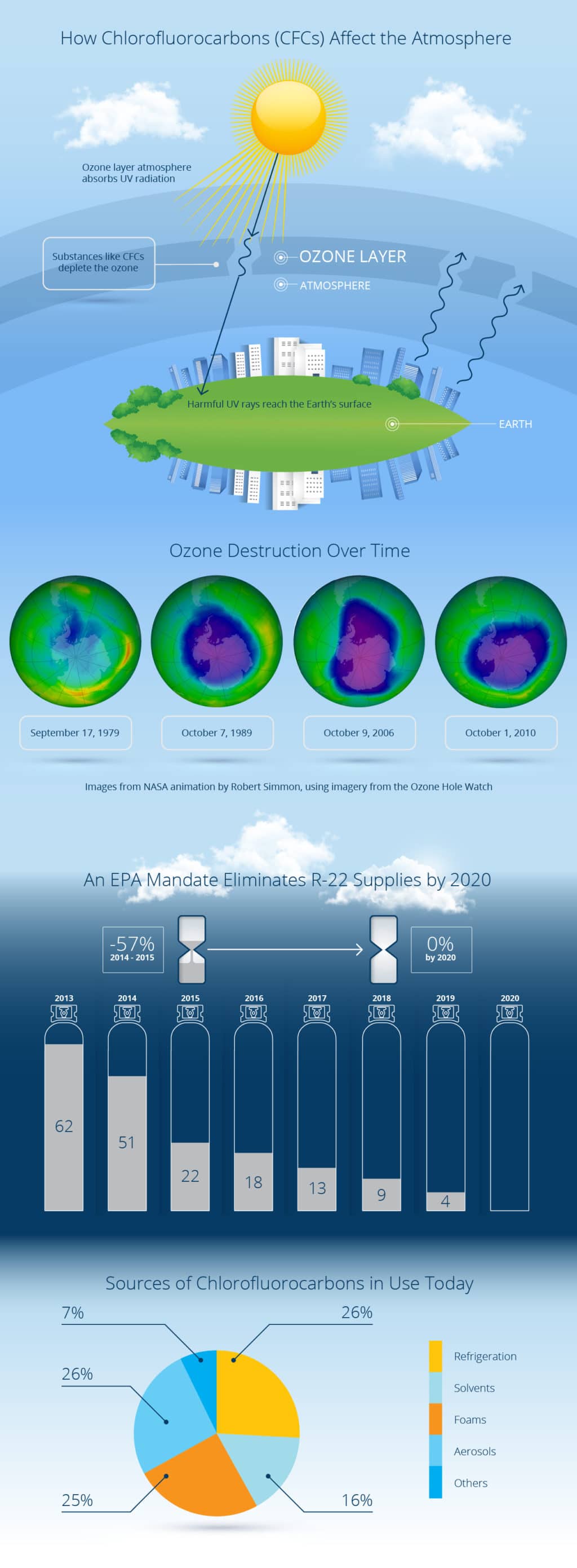Exactly How Climatic Aspects Impact Heatpump Operations And Practical Measures To Address These Obstacles
Exactly How Climatic Aspects Impact Heatpump Operations And Practical Measures To Address These Obstacles
Blog Article
Developed By-Drejer Greve
When it involves your heatpump, weather plays a vital duty in its efficiency. From freezing temperature levels to sweltering heat, each component can impact just how successfully your system runs. But what can you do to combat these weather-related obstacles and ensure your heat pump is working at its best? Keep tuned to uncover practical suggestions and techniques to maximize your heat pump's efficiency, regardless of the weather conditions it encounters.
Climate Elements Impacting Heat Pump Efficiency
Climate variables have a substantial impact on the efficiency of heat pumps. One essential variable is temperature. Heat pumps function by moving warm from outside to inside throughout winter season and vice versa in summertime. As temperature levels decrease, it ends up being harder for the heatpump to extract heat from the outside air, decreasing its effectiveness.
Another key element is moisture. High humidity levels can make it more challenging for the heat pump to release heat during the cooling process.
In addition, wind rate contributes. Strong winds can dissipate the warmth soaked up or released by the heatpump, affecting its overall performance.
Tips for Optimizing Heat Pump Efficiency
To enhance the effectiveness and long life of your heat pump, implementing a couple of vital techniques can make a significant difference in its efficiency.
Firstly, heat pump cleaner by cleaning or replacing filters every 1-3 months to prevent air movement blockages and make best use of air movement. Furthermore, schedule annual expert examinations to detect and resolve any kind of prospective issues early.
Optimum thermostat setups likewise play a critical function. During room-specific heating christchurch , aim for a temperature level setting that's as low as comfy, and during the summertime, set it as high as comfortable to decrease the work on your heatpump. Making use of a programmable thermostat can assist you instantly readjust setups based on your routine.
Furthermore, sealing leaks in ductwork and insulating air ducts in unconditioned areas can prevent energy loss and enhance total system efficiency.
Last but not least, take into consideration setting up a wise thermostat that can learn your behaviors and change settings accordingly, further maximizing your heatpump's efficiency. By following these ideas, you can ensure your heat pump runs successfully and properly throughout the year.
Best Practices for Weatherproofing Your Heat Pump
For optimal efficiency and efficiency of your heatpump, applying weatherproofing actions is essential. Begin by sealing any kind of voids or splits around doors, home windows, and ductwork to prevent warm loss and keep a consistent indoor temperature.
Shield revealed pipelines and air ducts to avoid cold throughout cold weather and ensure proper air movement. Think about installing a protective cover over the exterior device to protect it from severe weather elements like snow, ice, and debris.
Regularly clean the exterior system to eliminate dirt, leaves, and particles that can block air flow and reduce efficiency. Furthermore, maintain the location around the heat pump clear of snow, ice, and plants to permit proper air flow.
best heatpumps
Since you comprehend just how weather influences your heat pump performance, you can take positive steps to maximize its efficiency. By adhering to the pointers outlined in this short article, such as regular upkeep, thermostat modifications, and weatherproofing steps, you can make sure that your heatpump operates at its best regardless of the climate condition. Keep successful and keep your home comfy all the time.
